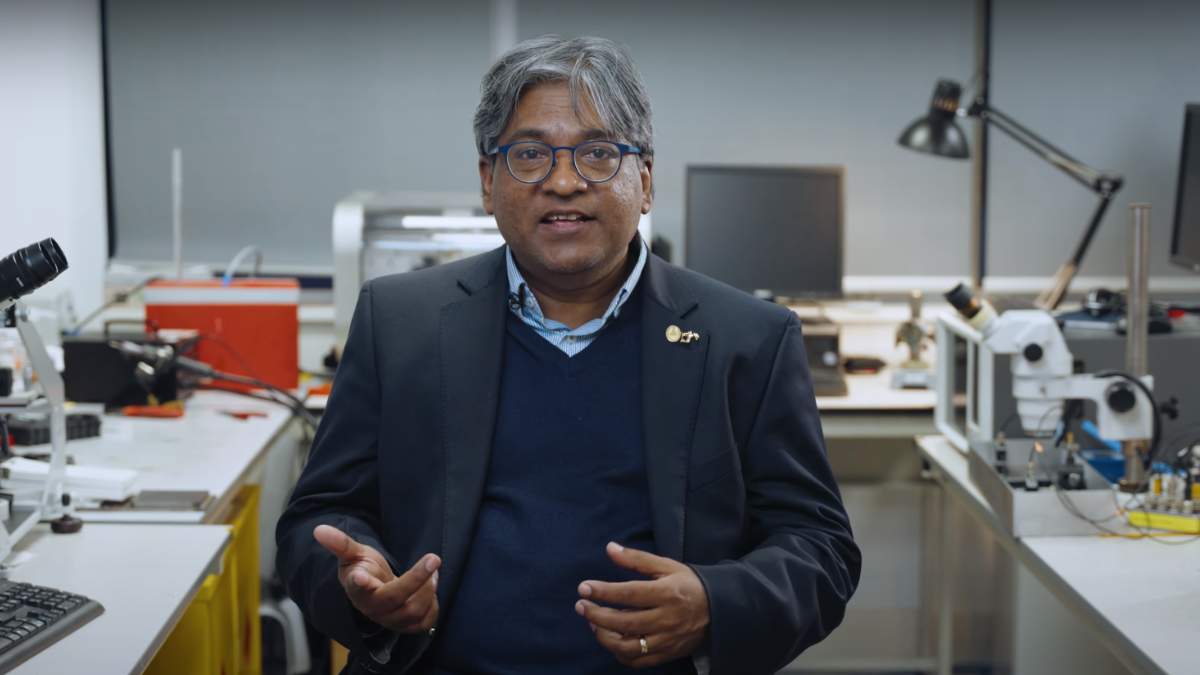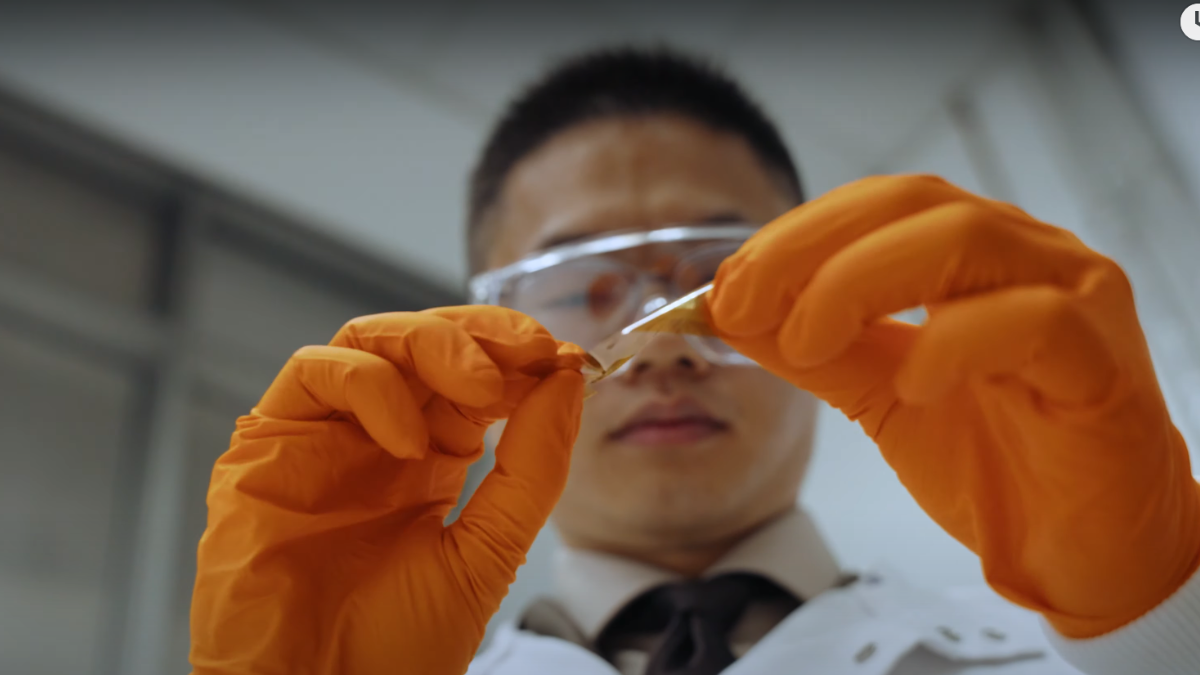Prof Ravi Silva: No route to net zero without UK solar
As the COP28 climate conference comes to an end in Dubai, there is no route to net zero without solar power, writes Professor Ravi Silva, director of the University's Advanced Technology Institute.
There, researchers are developing solar panels that could unlock the clean energy of the future.

When it comes to climate action – the UK is used to leading.
It played a pivotal role in securing the Paris Agreement in 2015. It was one of the first countries to legislate to reach net zero CO2 emissions by 2050.
But when it comes to meeting those commitments, the UK has been found wanting – making “worryingly slow” progress towards net zero, according to the Government’s own Climate Change Committee.
If the UK is to keep any hope alive of reaching its impressive ambitions, it must be able to generate clean energy.
The International Energy Authority says 70 per cent of the cost of reaching net zero is bound up in decarbonising the energy grid – and not just because so many of our carbon emissions are generated when we burn gas and coal for power.
So much of the rest of our net zero strategy depends on clean electricity – from charging electric cars to warming our homes with heat pumps.
And that’s not to mention how clean energy could bring down the cost of living for households reeling from the spiralling costs of oil and gas.
Yet there is no route to a green energy grid without solar power. The Government wants 70 GW to be generated by solar cells in 2035 – nearly a five-fold increase on what we have today. That task requires urgency – and even more is needed.

If the Government thought that nuclear power or wind would step in to save the day, it needs to think again.
A high-profile US nuclear project has been scrapped - calling in to question the viability of small modular reactors. The rising costs of labour, materials and finance have also recently curtailed and terminated a number of major wind projects in the US and Europe.
Solar must be a large part of the solution. Laws setting up large-scale plants to make the panels, and solar farms to use them, should be expedited.

Right now, solar panels get stuck behind too many barriers – from planning permission to long waits for a connection to the grid.
Now is not the time to let endless red tape keep Britain in the shade.
The prize is not just net zero. Solar technology is being designed here – new perovskite solar cells, “cheap as dirt” and designed in British universities, can be made in the UK too.
With Government commitment, a loosening of red tape and proper political will, solar could unlock the green industrial revolution and energise the economy.
Learn more about the University's contribution towards meeting the UN sustainability goals.
Media Contacts
External Communications and PR team
Phone: +44 (0)1483 684380 / 688914 / 684378
Email: mediarelations@surrey.ac.uk
Out of hours: +44 (0)7773 479911
